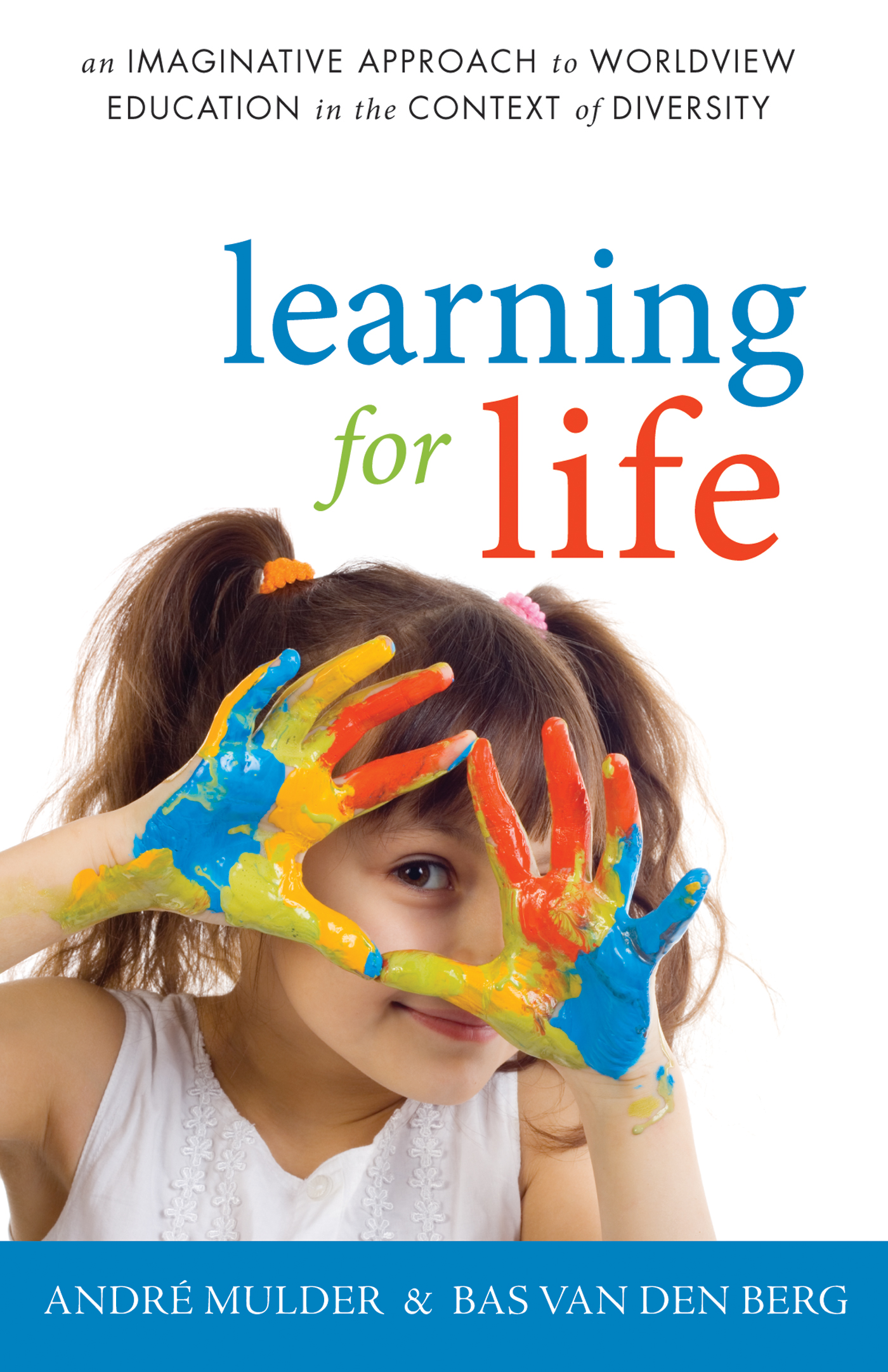Learning for Life
by André Mulder
2020-07-09 06:39:21
Teachers of religious education experience the challenge of secularization and diversity in the classroom. Schools rooted in the Christian tradition wonder how they can adapt religious education to an increasing plurality in worldviews. How can world...
Read more
Teachers of religious education experience the challenge of secularization and diversity in the classroom. Schools rooted in the Christian tradition wonder how they can adapt religious education to an increasing plurality in worldviews. How can worldview education contribute to the identity development of children and at the same express the identity of the school? Learning for Life introduces a hermeneutical-communicative model that helps teachers to reflect on their goals, didactical roles, religious sources and students'' abilities. Teachers invite students to search for meaning in all kinds of religious and non-religious sources, to exchange views with each other in a respectful way and to respond individually using imagination as a powerful learning tool. Learning for Life explains the model, provides pedagogical backgrounds and shows results from research at nine primary schools in the Netherlands. Hermeneutical-communicative learning appears to be an inspiring perspective for both private and public education. ""Learning for Life provides a research-tested model for teaching religion and worldview to children. Drawing on the talents of teachers, the approach provides for a lively, holistic, and critical approach to assist children to develop their convictions in the community of the class. The approach recognizes the importance of beliefs and meanings to building community and conversation in a diverse, democratic society. While rooted in the experiences of the Netherlands, I highly recommend this book to others as it enriches our strategies for teaching worldview and religion with children--strategies that respect the differences and meaning-making abilities of children.""--Jack L. Seymour, Garrett-Evangelical Theological Seminary, and editor emeritus, Religious Education""Anchored in the secularized Dutch school context and based on careful empirical research, Mulder and van den Berg develop a solid didactic concept for the religious education classroom. Supporting children in exploring, understanding, and communicating their worldviews--in relationship with traditions, fellow learners, and their own journeys--is the central focus of this concept. The authors explicitly refer to imagination as the added value to the concept and as the necessary condition for sustainable ''learning for life.''""--Bert Roebben, University of Bonn ""Learning for Life presents a refreshingly imaginative approach to Worldview Education. Theoretically grounded, research based, regionally attentive, and nationally focused, it presents a flexible hermeneutical-communicative model attentive to the existential questions raised by young children in exploring their beliefs and values. Though Dutch context specific, it is suitable for both public and private schools in wider secular and plural nations. Very helpful in engaging children in an exploration of their worldview perspectives.""--John Valk, University of New BrunswickAndre Mulder is a professor of theology and worldview at Windesheim University of Applied Sciences in Zwolle, the Netherlands. His research focuses on the contribution of worldview communication to the quality of professional practices in education, care, and church-related fields. Regarding the field of education in worldview and religion, he is searching for perspectives, methods and didactical roles that stimulate the development of every student in her or his religious identity in the context of diversity.Bas van den Berg is professor emeritus in dynamic identity development at Marnix Academie University of Applied Sciences for Teacher Training in Utrecht, the Netherlands. His expertise includes dialogical hermeneutics and creative interpretation of worldview sources (Jewish, Christian, Islamic, and Humanistic). His research focused on worldview development of children, teachers, and school teams using a narrative approach.
Less










.jpg)















.jpeg)




